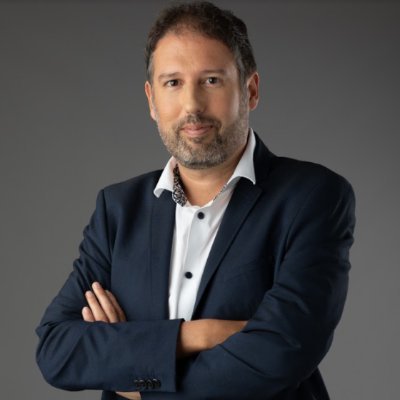
The United Nations Children’s Fund (UNICEF) has said blamed the unending challenges associated with accessing primary healthcare in the country on inequity.
The representative of UNICEF, Nigeria and its chief of health, Dr. Eduardo Blanco said this at the Nigeria Health Commissioners’ Forum in Abuja today (October 5, 2022).
At the forum, themed ‘Primary Healthcare Financing Forum’, Blanco said that the country has not been able to bridge disparities between the North and South, poor and rich.
He called for an increase in the allocation of resources to the country’s health budget by increasing the proportion of the government general expenditure to, at least, 10 per cent by 2025 and 12 per cent by 2030 to fast-track the achievement of SDG3.
Blanco called on the country to redesign the flow of resources in her health system to increase the operational cost at the PHC level.
He, however, said that the poor performance of the country’s PHC system cannot be explained by inadequate investments.
“It is more of a question of efficiency and sustainability of efforts over time; hence, there is a sense of urgency to adopt a performance-based approach to health financing for improved PHC functions and outcomes, especially at decentralised levels.
“More value for money – leveraging strategic purchasing to increase both programmatic and cost efficiency to rebuild trust for more investments in health,” he explained.
Blanco said that the country needs to strengthen the public financial management system to address inefficiencies: maximize spending levels within budgets, focusing on increased spending at LGA and/or facility level for improving PHC services.
Meanwhile, he assured that UNICEF would continue to support governments at all levels to improve PHC financing, performance and outcomes through the ‘PHC Leadership Challenge’ which seeks to catalyse increased investment by state governments while strengthening leadership and accountability for results.
“Through the PHC MOUs states are challenged to increase budgeting and allocation for PHC activities at the same.”
The executive secretary, National Health Insurance Scheme (NHIS), Prof. Mohammed Sambo said 70 per cent of the nation’s healthcare needs would be met if the PHC system is effective.
Sambo called on the country to find a feasible financial arrangement to ensure that the most vulnerable groups were covered under health insurance.
On his part, senior health specialist, health, nutrition and population, World Bank Group, Dr Olumide Okunola, said that the topic of the event is very apt.
Okunola said before the COVID-19 pandemic, Nigeria’s health spending was among the lowest in the world.
Meanwhile, the Gombe State Commissioner for Health, Dr Muhammad Gana said that the COVID-19 pandemic has brought the need for well-functioning PHC into sharp focus.
Gana said the PHC is the most promising platform for providing basic essential preventive and promotive health interventions.
“We have repeatedly seen that primary health care drive improvement in immunisation, maternal health and more.
“Rethinking PHC investment can secure a sustainable and more wholistic development for the Nigerian health sector,” he explained.
Meanwhile, some experts said that a strengthened PHC in the country would be the easiest route to attain universal health coverage, stressing that this can only be achieved with the right financing arrangements in the country.

